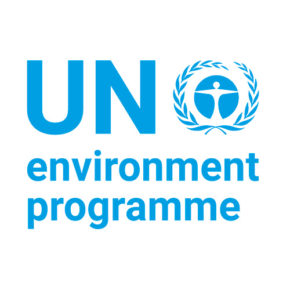Making Peace with Nature
Key Messages
Humanity’s environmental challenges have grown in number and severity ever since the Stockholm Conference in 1972 and now represent a planetary emergency. While tackling the emergency is demanding, this report, Making Peace with Nature, lights a path to a sustainable future with new possibilities and opportunities (figure KM.1)
The top five
• Environmental changes are undermining hard-won development gains by causing economic costs and millions of premature deaths annually. They are impeding progress towards ending poverty and hunger, reducing inequalities and promoting sustainable economic growth, work for all and peaceful and inclusive societies.
• The well-being of today‘s youth and future generations depends on an urgent and clear break with current trends of environmental decline. The coming decade is crucial. Society needs to reduce carbon dioxide emissions by 45 per cent by 2030 compared to 2010 levels and reach net-zero emissions by 2050 to limit warning to 1.5 °C as aspired to in the Paris Agreement, while at the same time conserving and restoring biodiversity and minimizing pollution and waste.
• Earth’s environmental emergencies and human well-being need to be addressed together to achieve sustainability. The development of the goals, targets, commitments and mechanisms under the key environmental conventions and their implementation need to be aligned to become more synergistic and effective.
• The economic, financial and productive systems can and should be transformed to lead and power the shift to sustainability. Society needs to include natural capital in decision-making, eliminate environmentally harmful subsidies and invest in the transition to a sustainable future.
• Everyone has a role to play in ensuring that human knowledge, ingenuity, technology and cooperation are redeployed from transforming nature to transforming humankind‘s relationship with nature. Polycentric governance is key to empowering people to express themselves and act environmentally responsibly without undue difficulty or self-sacrifice.
To read the full report, click HERE:


